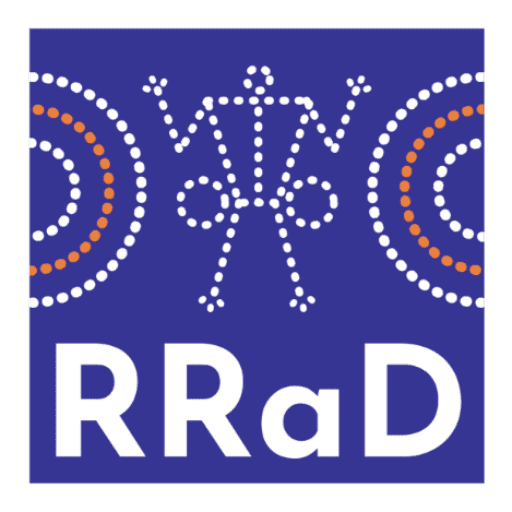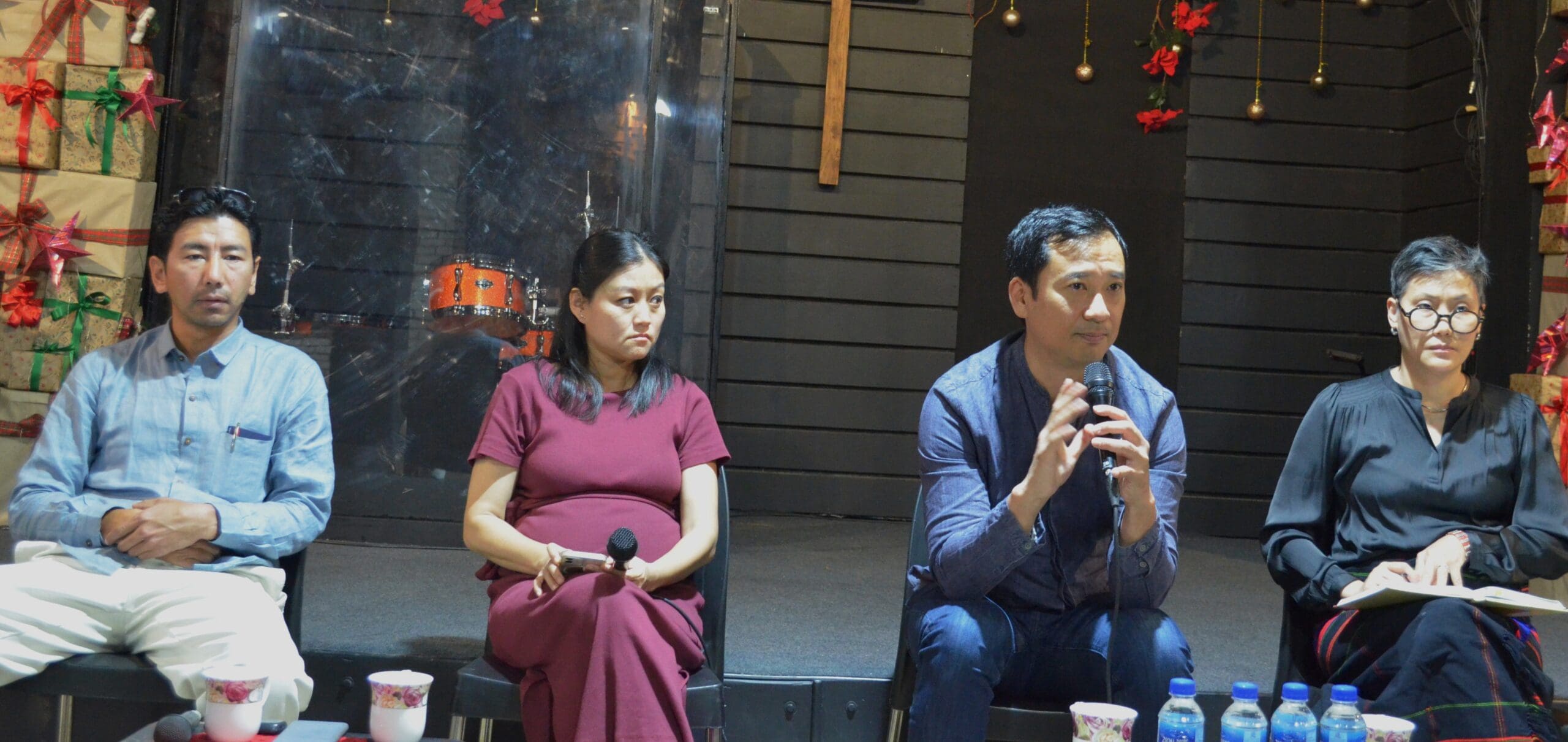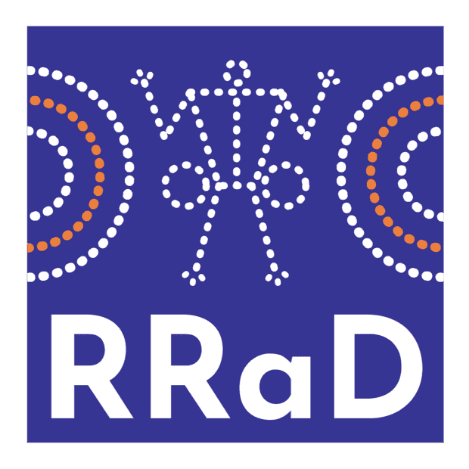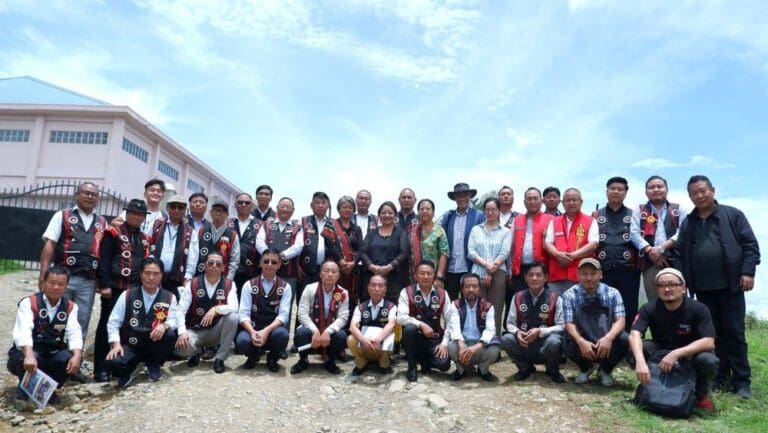Morung Lecture XVIII on ‘A conversation on Repatriation: Histories of loss and renewal of hope’
Speaking of repatriating ancestral human remains, taken away as trophies of colonialism, it took the Maoris 12 years. In the case of other aboriginal peoples, it has taken decades. For the Naga people, the journey is only beginning, in the shape of a project to repatriate Naga ancestral human remains from the Pitt Rivers Museum, Oxford University. The museum has, in its vaults, perhaps the largest known collection of Naga artifacts, numbering over 6400, including more than 200 human remains.
Today, the project — Recover Restore and Decolonise (RRaD) — is in the process of engaging with the Museum to repatriate the known human remains of Naga origin. The process also involves closely engaging with the source communities, generating dialogue and awareness on the essence of repatriation vis-à-vis decolonisation.
As a part of this process of engagement, the Morung Lecture XVIII featured — ‘A conversation on Repatriation: Histories of loss and renewal of hope’ on December 6, with two core members of the RRaD project— anthropologists Arkotong Longkumer and Dolly Kikon; and two others — Hewasa L Khing and Kikrulhounyu Paphino. Khing is the Principal of Tetso College, Dimapur and also holds a PhD in Cultural Studies. Paphino is an Art Executive at the State Directorate of Art and Culture with expertise on Archives, Museums and broadly, the field of culture. He has also interned as an Art Curator in the UK for curating Naga collections and exhibitions.
Kikon, who also served as the moderator, said that the process is “new terrain for the Naga people” and perhaps one of the first initiatives on ancestral repatriation in south Asia and in the Himalayan context. According to her, the process is an opportunity for the Nagas to reflect and contemplate on the journey of repatriation and reparation.
Meanwhile, Khing noted that the project has induced healthy discussions, especially among students in her college. “For the younger generation, it has been a process, a time to process their past, the reality of colonization and the history of their own identity,” she said, while stating that it has added a whole new perspective to how they look at the life of their ancestors and the after-effects of colonization.
For her, the questions are bringing about community consensus on the repatriation and the anticipated reaction of the community when the remains are brought back. “The question of repatriation has brought about two important factors: Reconciliation… How do we reconcile with the past in the contemporary setting and how we negotiate with the recovery? The other is about decolonisation. How would we relook at our past, maybe create new narratives or new understanding of our own history.”
Paphino viewed the repatriation process from a human rights perspective and the practical aspect of the repatriation. Repatriation of human remains, he said, is about human rights and not solely a racial or ethnic question. He said, “It should be framed in such a way that when human remains are repatriated, it should be repatriated not as ethnic things but as a human right.” It should involve the descendants, too, he said.
He further said that the process should be “rooted in the truth,” and begins by asking questions on the origins of the remains. According to him, the remains and the other artifacts were by-products of ethnography and the challenge now for institutions like Pitt Rivers is, “How do you repatriate ethnographic museums?”
Longkumer sought to dispel a perceived notion by clarifying that the project is primarily about repatriating the ancestral human remains in the Pitt Rivers Museum and not so much the other cultural artifacts. According to him, the project is as much about provenance (origin) research as it is about repatriation. “The idea is to go a bit deeper and try and understand where they came from,” while adding, “We have to take ownership of the process. This has to be a Naga process. And I think that is where decolonisation really comes in” and in the process, “hopefully would bring about a kind of healing.”
While stating that colonial writings have remained the “classic texts” on Nagas, he said, “But I think there is a need for alternative history that needs to be told aside of these colonial texts.” By alternative, he implied drawing from the rich Naga oral traditions.
“What we are doing right now is engaging with the process, trying to understand from the different communities to really get a sense of what this kind of repatriation is about,” he said.
First Published in The Morung Express on December 07, 2022
Link: https://www.morungexpress.com/repatriation-has-to-be-a-naga-process




